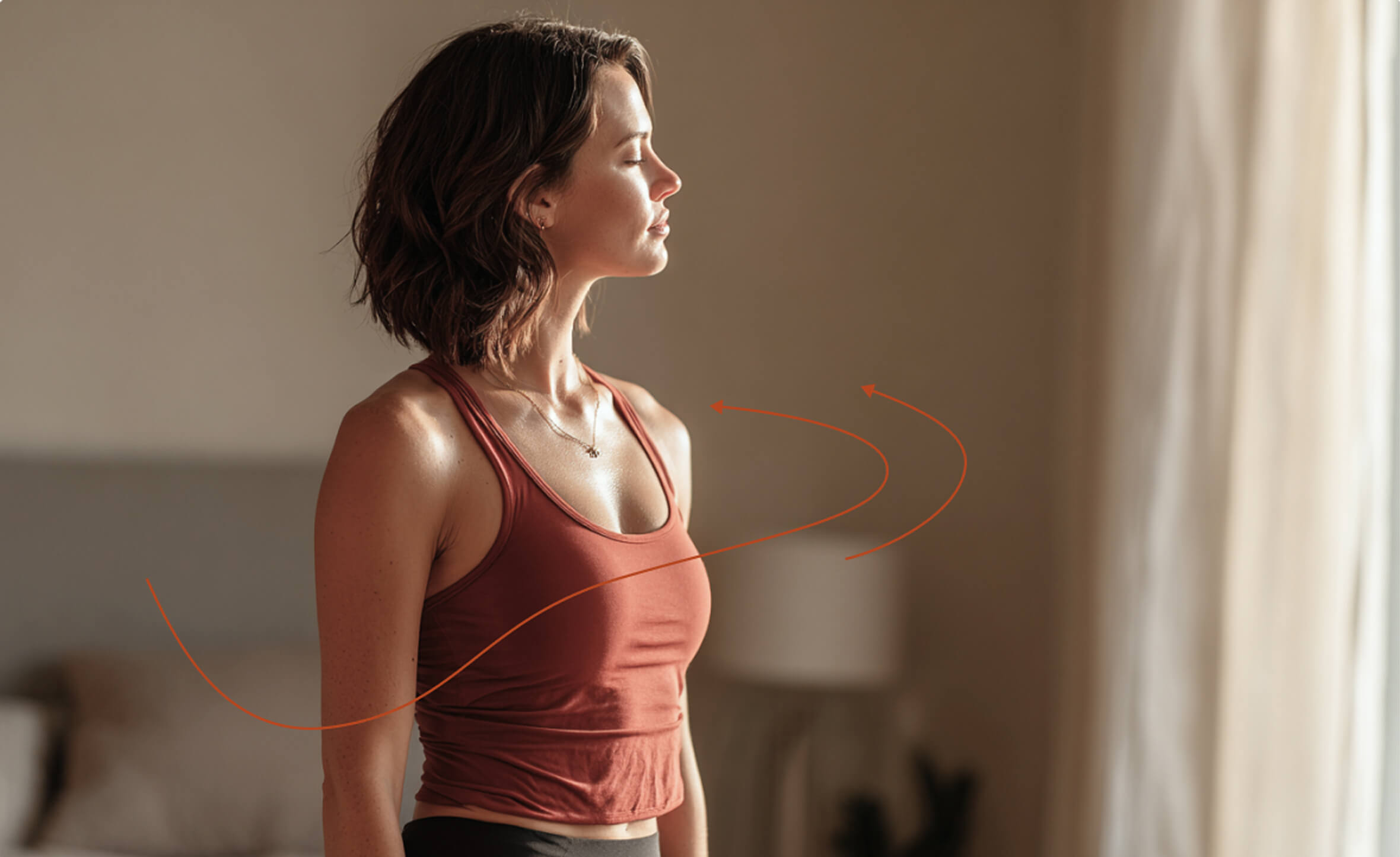Global survey
Self-reported effects of regular 3D movement practice

Research Aim
What psychological, physical, and sensory-motor benefits are associated with short-format 3D training across a diverse sample of adult women?
Study Format
Cross-sectional online survey (N = 330), conducted internationally.
Participant Profile:
- The survey included women from over 50 countries, with a mean age of 50.2 years (ranging from 35 to 82).
- The majority were married, had children, and were employed in either the private or public sector.
- A substantial proportion (82%) held a higher education degree.
- Most participants reported having between 30 and 60 minutes per day for personal care or movement.
- During the observation period, 88% practiced the 3D method regularly, and 74% engaged in training at least three times per week.
Key Benefits Reported
Physical Domain:
- 77% reported improvements in posture, mobility, or coordination
- 55% observed reductions in women's health–related symptoms
Emotional and Cognitive Effects:
- 71% experienced increased emotional stability
- 64% noted enhanced focus and mental clarity
- 59% felt more motivated to maintain regular movement practice
Sensorimotor Awareness:
- 68% reported increased connection to bodily signals
- 62% became more mindful of daily movements and posture
Conclusion
Findings suggest that regular engagement with 3D practices is associated with multidimensional benefits across physical, emotional, and perceptual domains, particularly among midlife women.



